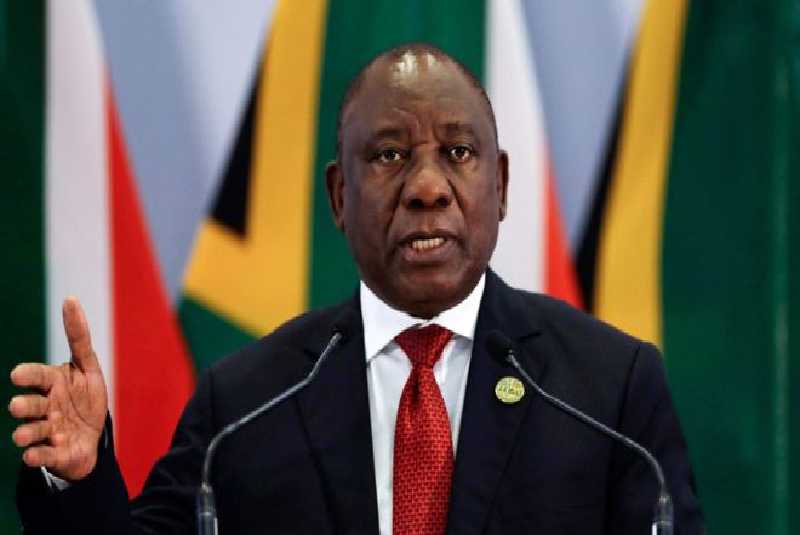×
The Standard e-Paper
Home To Bold Columnists

South African President Cyril Ramaphosa. Ramaphosa, who replaced scandal-plagued Jacob Zuma in February, has made land redistribution a flagship policy as he seeks to unite the fractured ruling African National Congress (ANC) and win public support ahead of an election next year. [Courtesy]
A South African advocacy group that lobbies for the rights of white farmers will on Thursday challenge in court President Cyril Ramaphosa’s plan to change the constitution to allow land expropriation without compensation.